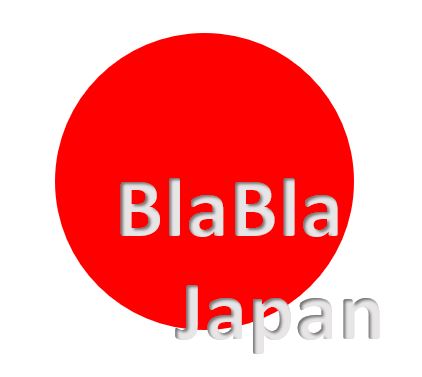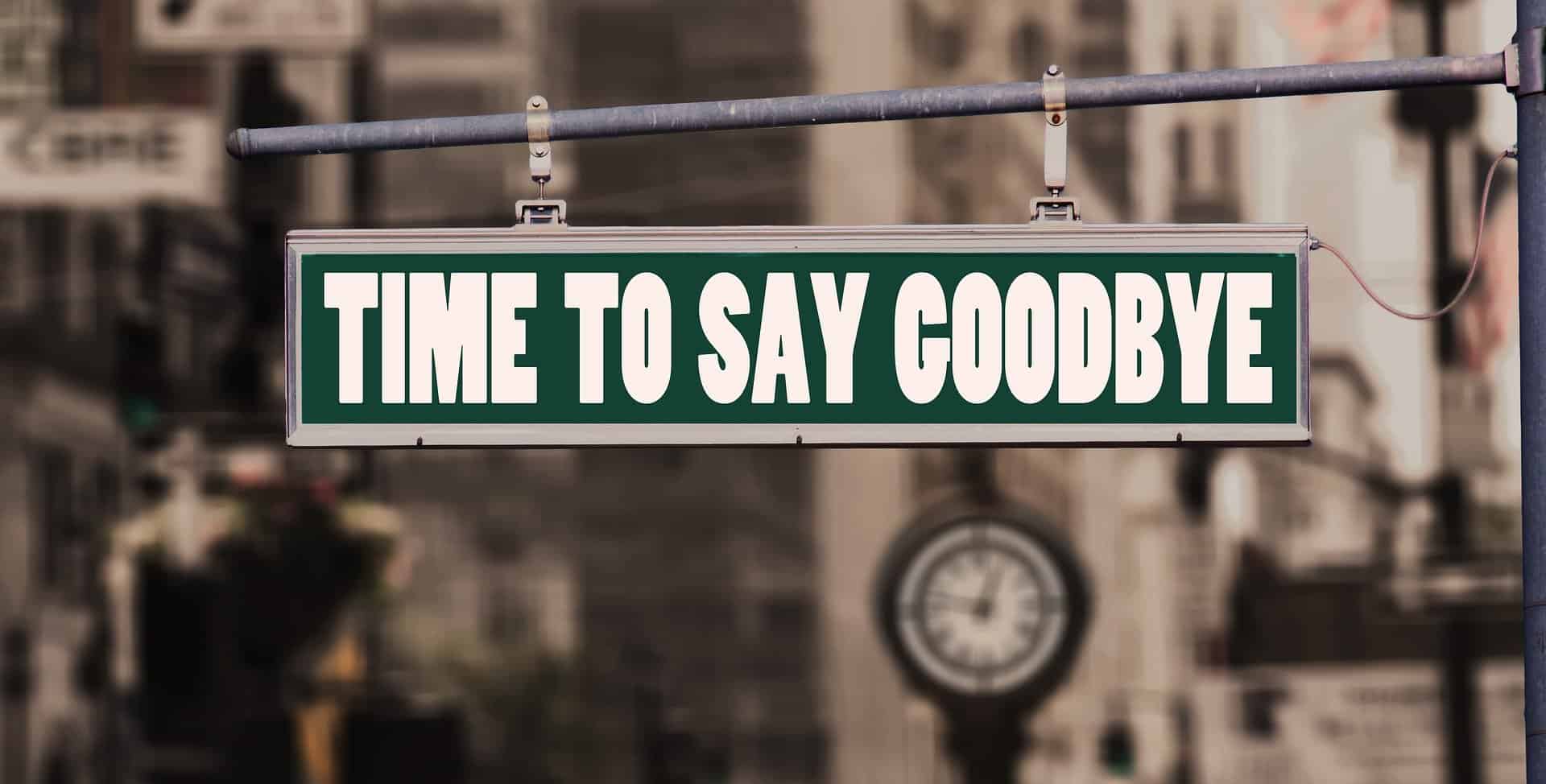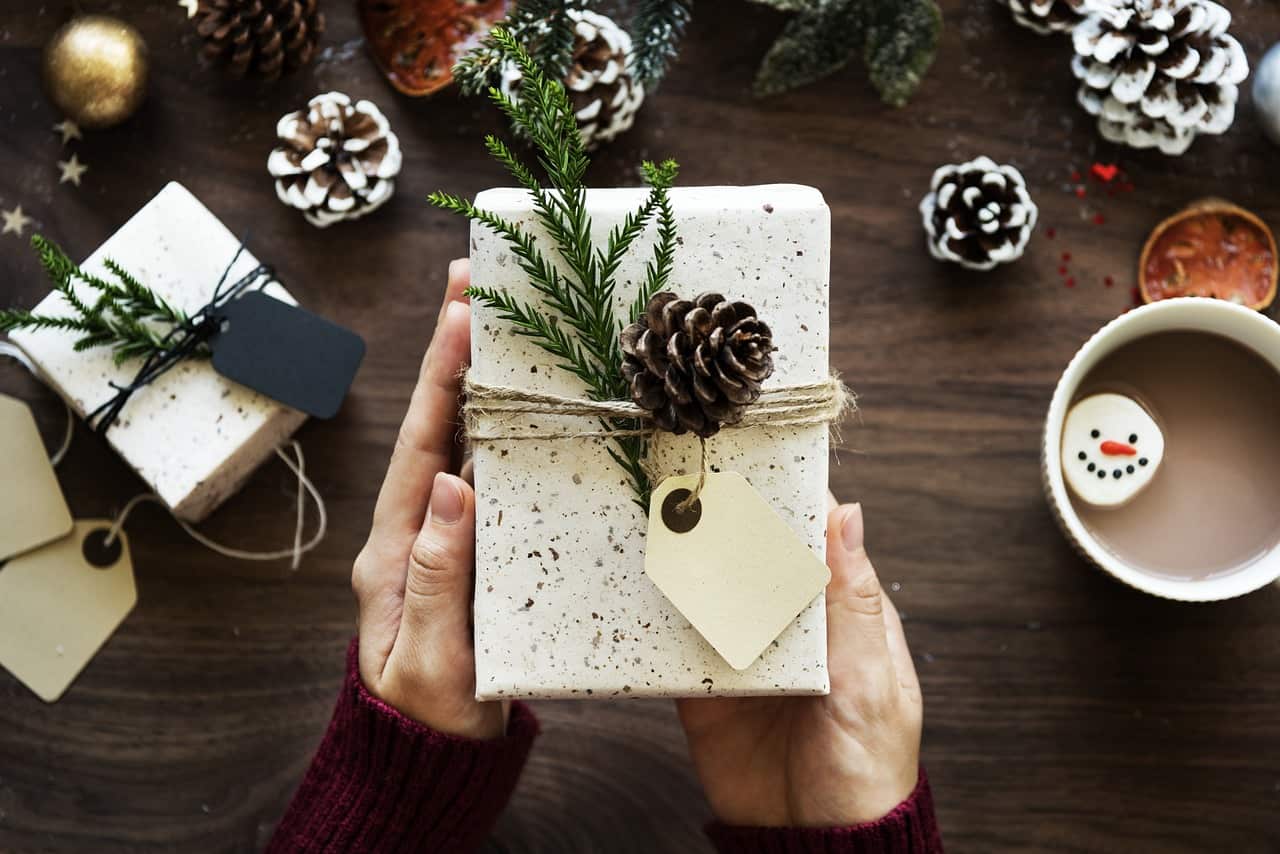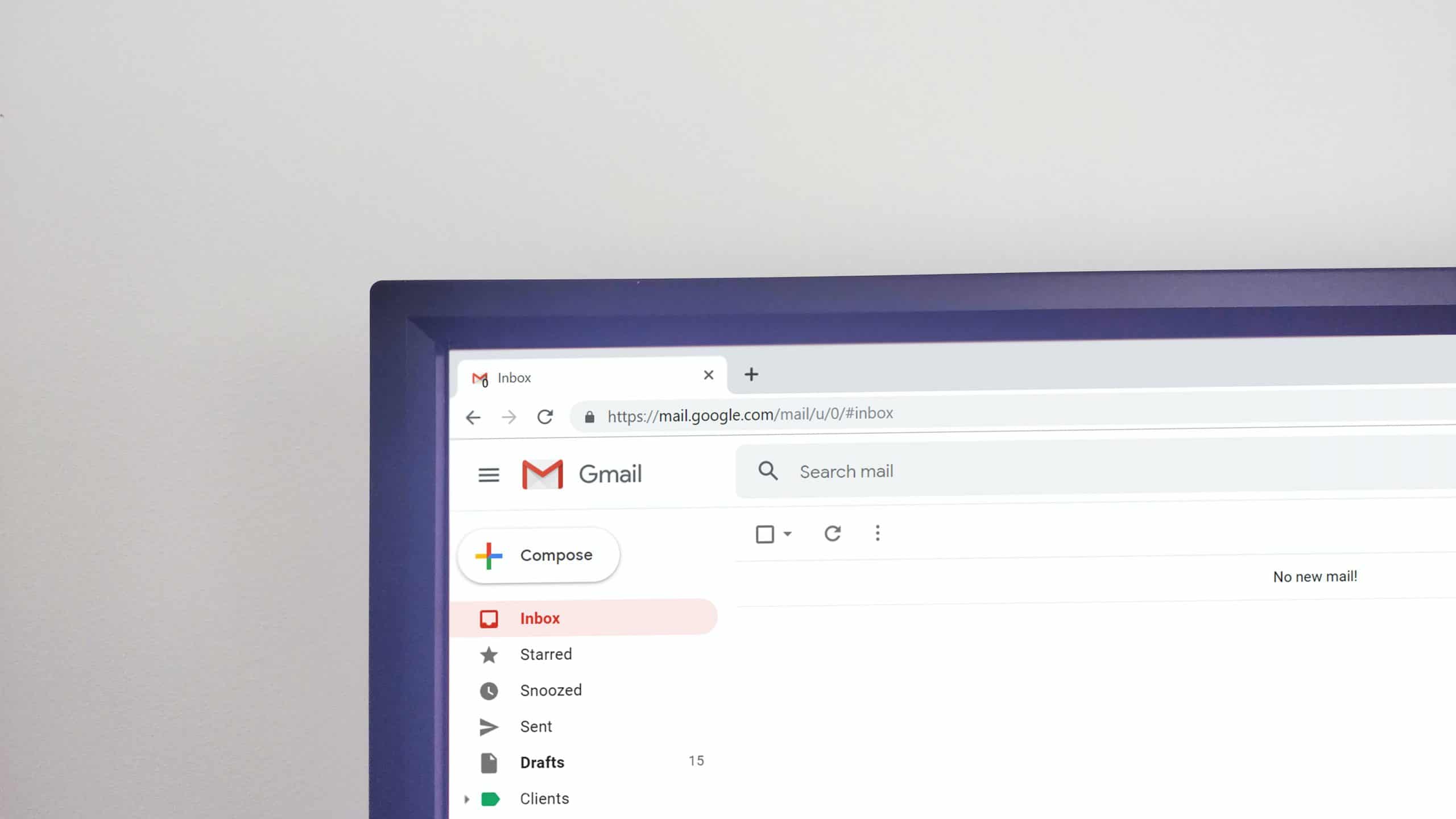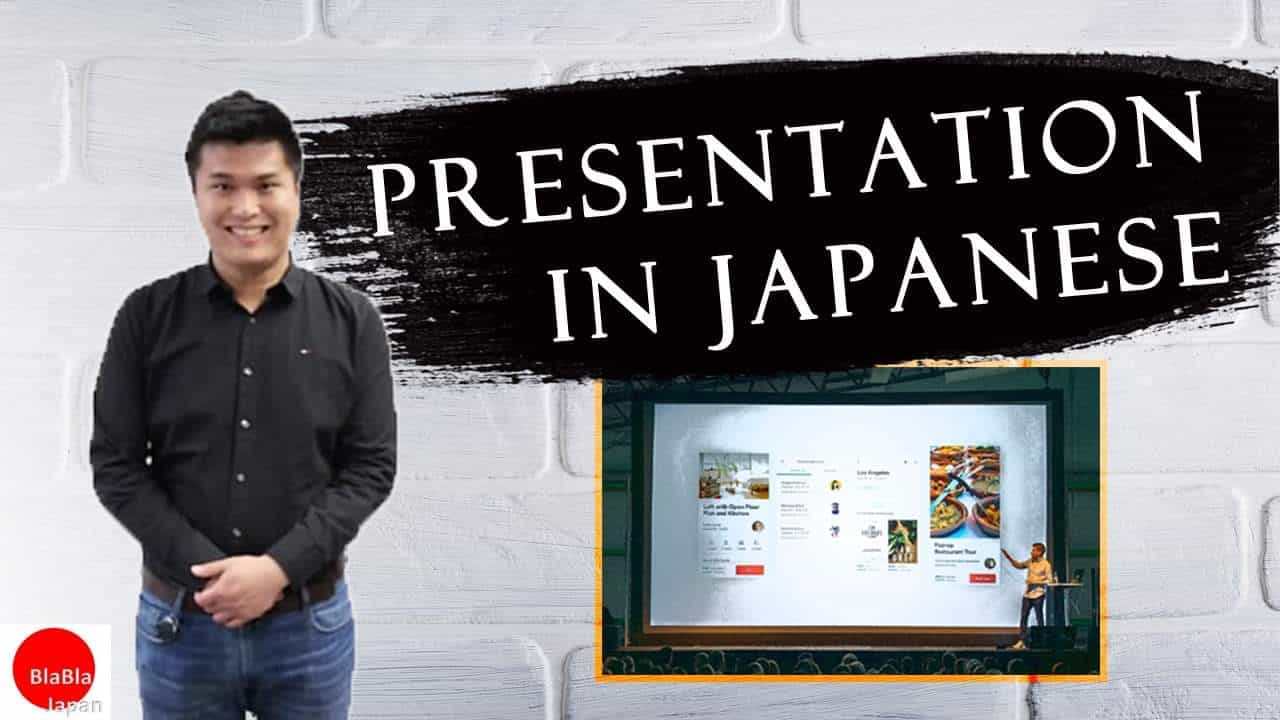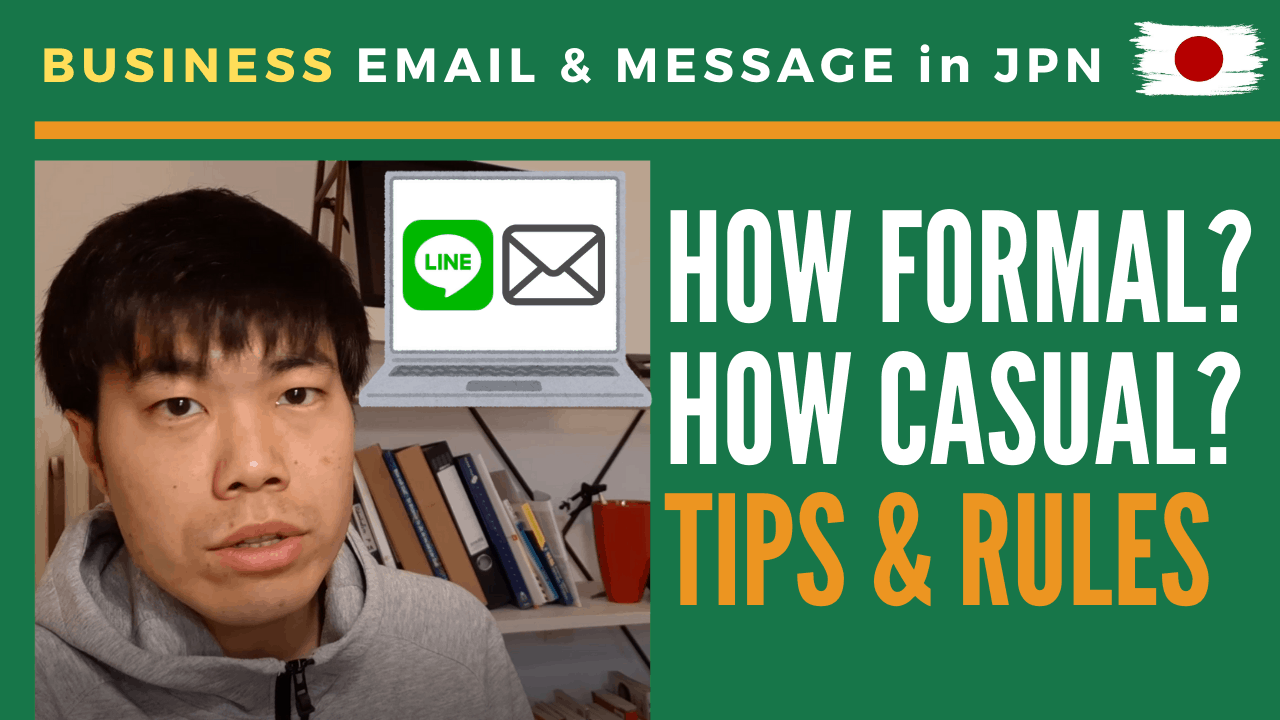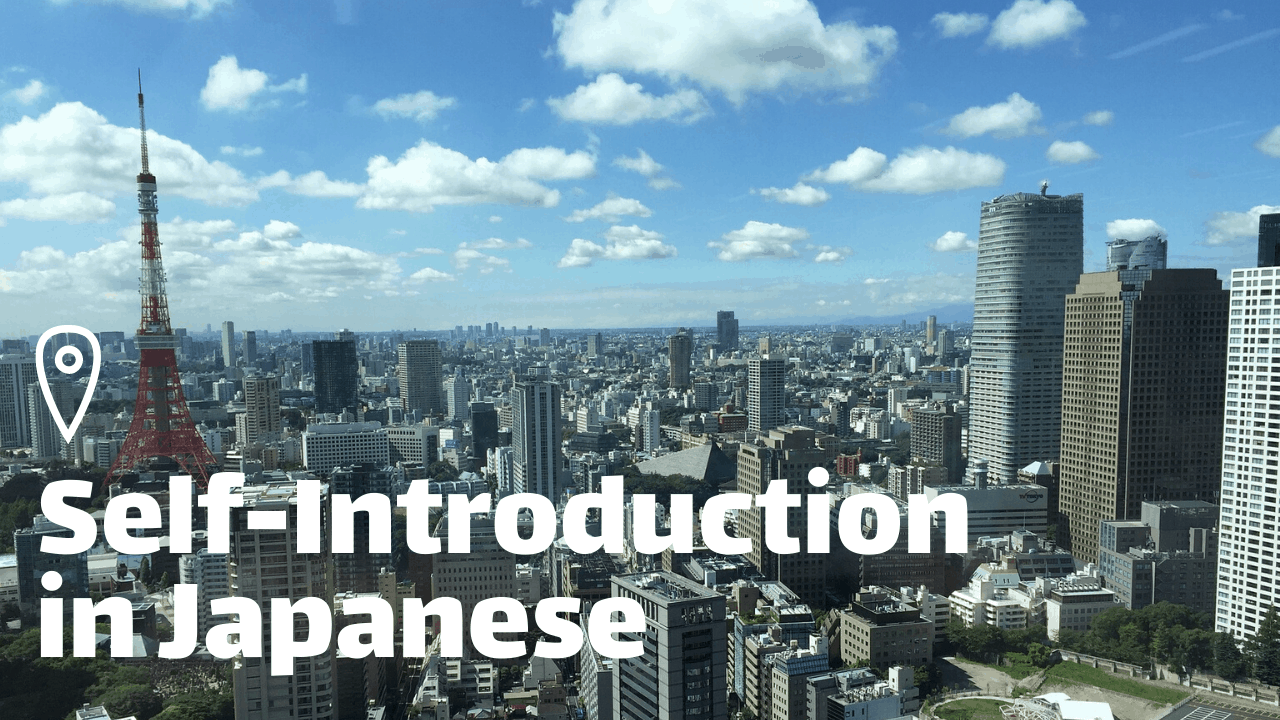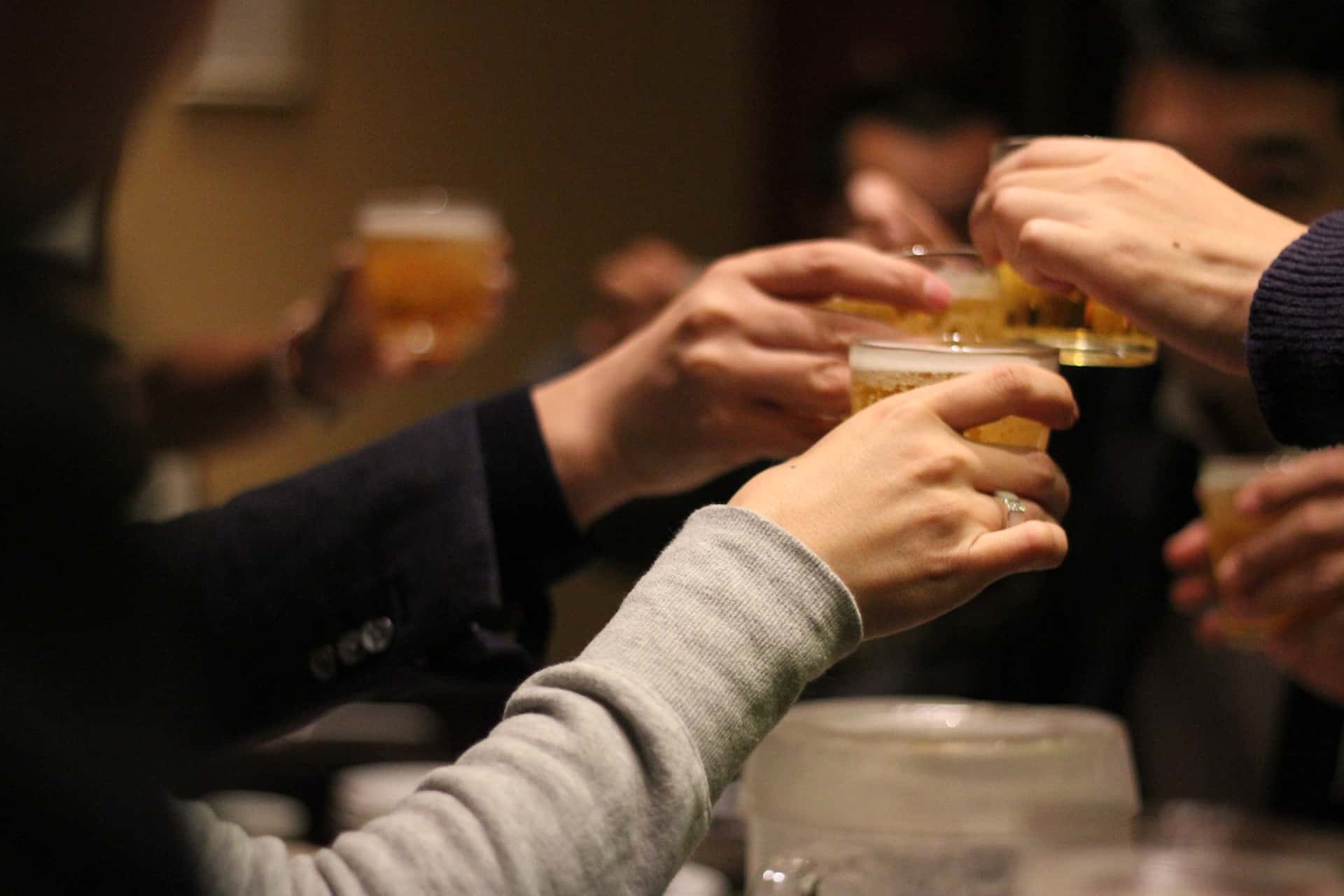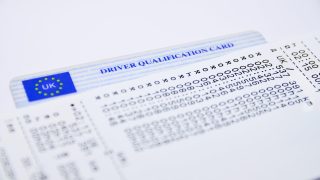Calling your Japanese counterpart is a difficult task to do. There are some unspoken rules that should be followed when talking with your client on the phone and some of them are not known by foreigners.
In this article, you will learn 5 important rules of a successful phone call with a Japanese client.
Call your client at the right time
As you learned in the latest article, there are some periods during the year when you should avoid contacting your client. Knowing the unspoken rules is crucial for establishing a good partnership with the Japanese. Unfortunately, even if your company provides interesting products, your lack of knowledge (which is seen as a lack of good manners) will most likely result in a negative outcome.
We have prepared below a short reminder of what is the right time to reach your client in Japan.
| Bad or Good? | Reason | |
| Before 8 AM (or 9AM) | Bad time | Preparation time |
| Immediately after 8 AM (or 9AM) | Bad time | Busy |
| 8:15 (9:15) – 12:00 | OK | – |
| 12:00-13:00 | Bad time | Lunch break |
| 13:00-16:30 | OK | – |
| 16:30-17:00 | Bad time | Busy |
| After 17:00 | Bad time | Off-duty hours |
Speak slowly and clearly
You should always keep back in mind that Japanese do not communicate in English very well. You have to speak slowly and clearly. Try using vocabulary that will be easily understood otherwise it will lead to a great deal of misunderstanding between you and Japanese side. Even if you believe that your Japanese counterpart understood everything, it might be possible that they had to pretend they they did.
Use a polite phrase
Japanese business culture requires extreme politeness. For example, if you call your client in the morning, it is better to say „sorry for bothering you this early”. Analogically, when you call them in the evening don’t forget to use this phrase „I am wondering if I could talk to you although it is not a working-time anymore”
Also, don’t forget to say something polite before hanging up, like “thank you for our conversation today, although you are busy. I am glad that we could talk about our project today”
Repeat important things
It might be very possible that you missed some of the important information that your client shared with you. Even when you seem sure and think you understood what your client said in 100%, it would be polite to repeat what he just said.
For example, a telephone number or an email address are regarded as a piece of information that you should repeat.
“My phone number you can reach me at during my business trip is 080-1234-5678”
“Just to make sure, I will repeat the number. 080-1234-5678, is that correct?”
“Exactly, thanks.”
 nastya_gepp / Pixabay
nastya_gepp / PixabayDon’t hang up on the phone loud
In Japan, there is an unspoken rule regarding phone call that says „a person who calls should hang up the first“. That means, if you receive a phone call from your Japanese client, you should not finish your phone call first and wait until the person on the other side hangs up.
Also, it is regarded to be rude when you hang up the phone in a loudly. You have to hang up the phone slowly so that it does not make a noise that can be heard by your client.
Don’t forget to send a protocol after the phone call
After finishing your phone call you should send a protocol of the phone conversation that you just had. Why? It will be seen as a very kind (and professional) gesture if you do so and it is very possible that your Japanese client DIDN’T understand (or just partly understood) what you talked about over the phone. You should remember that Japanese think that it is embarrassing to ask you again about things they didn’t understand because it shows their poor English level. Therefore, it is better to be safe than sorry and put an extra effort to write the protocol and send it over to your Japanese client.






